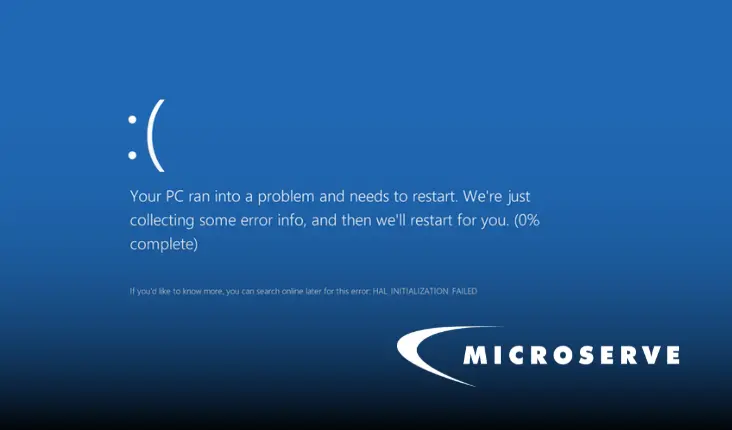Technical interviews are common in the IT industry, and if you are going to start your career in IT, you need to know how to ace your technical interview. Technical interviews are typically conducted for developers, engineers, and other specialized IT job positions. The purpose of the technical interview is to access your tech knowledge, skill level, and communication tactics.
In this article, we’ll cover what a technical interview is and how to prepare for it so you can ace that job interview.
What Is a Technical Interview?
A technical interview is a formal job interview that assesses your knowledge, problem-solving skills, and other necessary job skills using brainteasing questions, logical tests, problem-solving scenarios, and more.
A technical interview can take on many different forms depending on the employer – some interviews span across multiple interviewers and days, others are more straightforward and only take an hour. Technical interviews can be in-person or online; they can also be a panel style or a 1-1.
Who Conducts a Technical Interview?
The role of the technical interviewer is to assess the candidates’ tech skills, so the interviewer typically has vast technical knowledge. They are usually a fellow Software Engineer or QA Developer, or could even be the IT Manager or IT Director.
Many technical interviews consist of multiple interviewers. An in-depth technical interview for a high-paying position could span across 4+ hours and have 3-4 different interviewers. In this case, the interviewers typically range from junior to senior team members.
What Do They Ask During Technical Interviews?
Technical interviewers typically ask two kinds of questions – ones that are more logical/skill-based and ones that are more behavioural/communication-based questions. These questions could include the following.
Logic/Skill Testing
- What coding languages do you know? Which are you most comfortable with?
- In [x] situation, would you create [x] or [x]? For example, if you had a spreadsheet with names, addresses, and purchase orders, would you create a document database or a relational database?
- What is the role of [x] in [x] process?
- What is [x] and how is it used?
- Name an example where you were able to apply your technical knowledge in a useful way.
- What development tools do you have experience with?
- Have you used [x] software?
- What is the difference between [x] and [x]? When do you use each of them?
- What’s a new software or technology you have recently used? How did you learn how to use it?
Behaviour/Communication Testing
- How do you stay up to date with industry knowledge?
- Tell me about a time you solved [x] problem.
- Do you prefer to work by yourself or with others?
- How would you approach a task you were unfamiliar with and did not know how to complete?
- If your co-workers could describe you in three words, what would they say?
- What tools and strategies do you use to organize work so that it best accomplishes your team’s goals, expectations, and deliverables?
Some common interview questions: Most Common Technical Interview Questions
Tips To Prepare for Your Technical Interview
Research the company – Knowing the company you are applying for is essential. Look at their website, LinkedIn, and social media accounts to get a thorough understanding of the product/service they offer. From a technical standpoint, try and find out what programs and languages they use so you can mention your skills in these areas.
Know what you know – this one may seem obvious, but make a note of all your hireable skills. If you are an amazing C++ developer, play to that as your strength. If you made a killer JavaScript project, let the interviewer know about it. Employers want to see you are confident in your skills. They also make sure you know what you are talking about, so be sure to give examples of problems you’ve solved or situations you’ve rectified.
Provide clarification and context – During the technical interview, the interviewer wants to make sure you know your stuff. That’s why providing clarification and context to your examples is important. For example, telling your interviewer that you know Kubernetes because you did Kubernetes support where you took 5+ support calls a day for 6 months is great context. It helps the interviewer understand your background, knowledge, and skills.
Relax – It’s natural to be nervous for an interview. However, the interviewer may be able to sense your nervous energy, which can set the tone for the interview. It’s best if you remain calm and relaxed. Smile, take a deep breath, and relax! If you’ve prepared for the interview, what’s the worst that can go wrong?
If you are looking to start your dream IT career and need help acing the technical interview process, get in touch with the IT Staffing Solution Specialists at Microserve today. We offer IT recruiting services for part-time, full-time, permanent, contract, remote, or in-office work.





